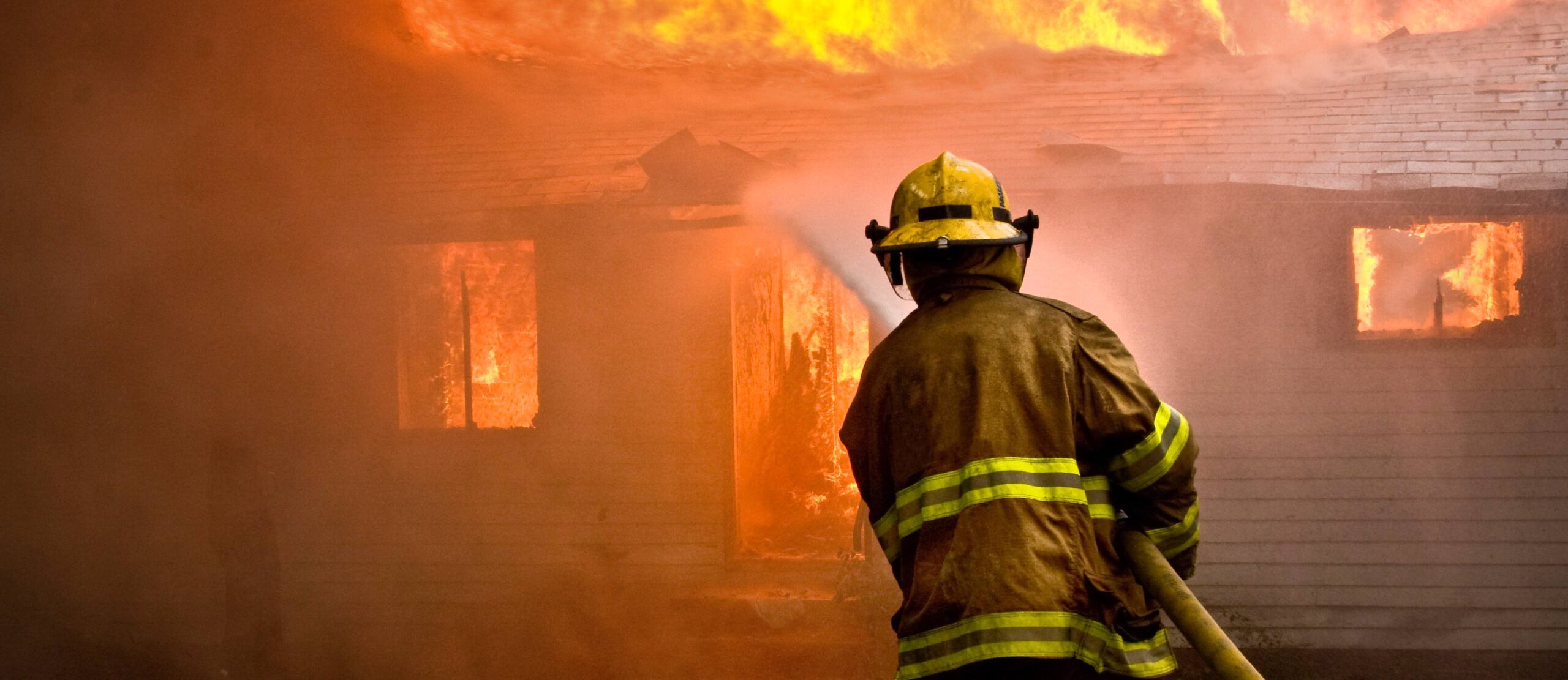Out Now
The Big Contract Issue
Current Issue
The Big Contract Issue
FEB - MAR 2026

Winter’s prime time for home fires, and helping clients be more aware of the risks could literally save lives.
It may come as a surprise at face value, but winter’s the worst time of year for house fires. During the summer, the risk of bushfires obviously increases, but during the winter months, the incidences of preventable house fires increase by a whopping 15 per cent.
But why? Well, it turns out that it’s mainly to do with electrical appliances. As the days get shorter and the temperatures get colder, the need for artificial light and heat is significantly increased – as is the risk of an electrical fire.
Without being opportunistic, this presents a real opportunity for electrical contractors. You can create some really useful and engaging content to share on your website, social media channels and directly with your clients too – in turn, increasing awareness of the problem that lurks in everyone’s home and business.
And, by offering a ‘winter health check’ you can drum up some new business and attract some new clients at the same time.
More importantly, you could save lives.
In New South Wales alone, 40 per cent of home fires are caused by faulty electrical appliances, and in winter, portable heaters can be a common cause.
Portable heaters are naturally very popular during the winter months – and with Australian homes not being particularly well designed for heat retention during the colder times, it’s understandable why that is.
However, portable heaters are a major fire risk. Of course, there are some obvious things for clients to consider here – for example, not placing it too near anything flammable, not putting clothes near it to dry (keep them at least one metre away) and keeping it in a place where kids or pets won’t knock it over.
There’s also the risk, of course, that the nice, cosy heat causes someone to fall asleep, and the heater is left on for a prolonged period of time. That’s where automatic shut-off switches come in.
More electrical appliances being used equals more and more demand for sockets. Which, of course, usually means piggybacking, which in turn can result in an overload.
Fire services say that only power boards with built-in safety switches and circuit breakers should be used, and they shouldn’t be overloaded – however, many regular folk don’t adhere to that guidance, placing them and their homes at risk of fire.
While LEDs are par for the course in most homes, incandescent lighting can be a fire risk, particularly if the bulb is close to any material that could catch fire.
There’s a whole host of things that could cause electrical fires in a home, so why not offer a safety inspection service? From old powerpoints to old powerboards, frayed cables to old wiring, there’s an awful lot to consider – and the reassurance that comes from a professional carrying out the work is invaluable.
Another aspect of this, of course, surrounds using products that are made particularly for the Australian market, which has strict standards.
As you know, here at Gemcell, we’re proud supporters of our suppliers and quality products that are made to work here. Winter fires are another opportunity to remind people of the inherent dangers of ordering electrical equipment from overseas.
Buy local – the lives of you and your customers could depend on it.
As well as fires from electrical appliances, there are some other tips to prevent home fires that you can share with clients.
Comments (0)
Write a Comment